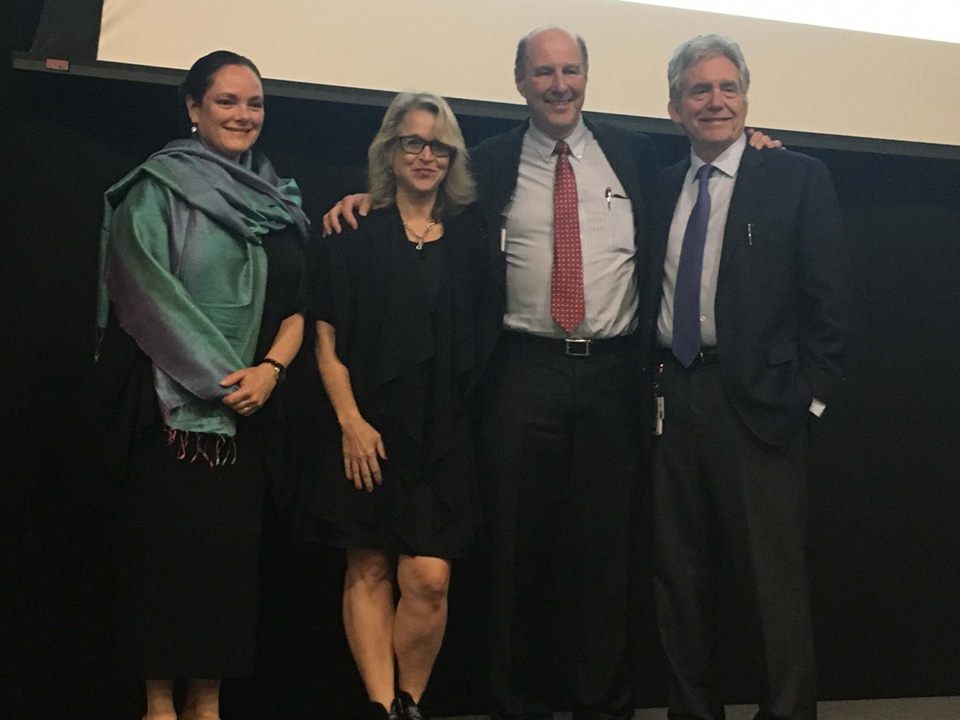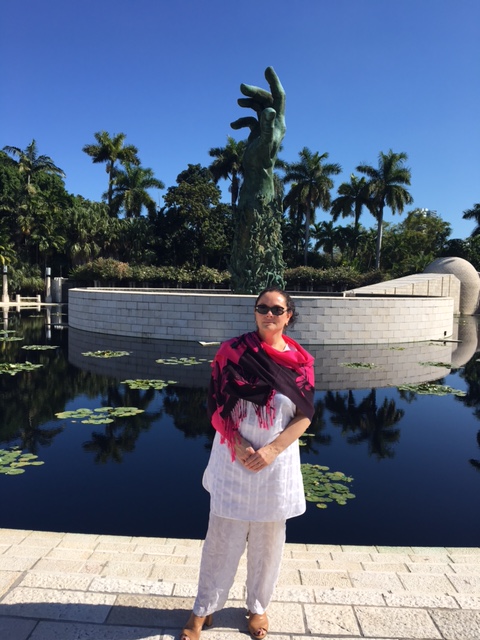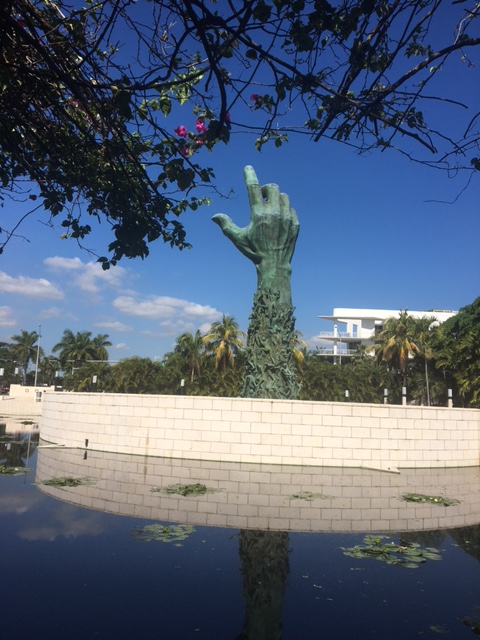On Friday January 20, I participated in a panel at a symposium on intergenerational transmission of trauma at the University of Miami campus at Coral Gables. The symposium was sponsored by Next Generations, the University of Miami, Jewish Family Services of S. Florida, and Miami-Dade Holocaust Survivors. My lecture entitled “The Second Generation: Enhancing Resilience Now” addressed the double-edged nature of the strengths of the children of survivors, which can also constitute vulnerabilities that have shown up at different earlier transitional points in life. The focus was on how to enhance resilience for second generation facing the transitions that are common in middle age.
The other speakers at the symposium were: Rachel Yehuda, Ph.D., Mt. Sinai and James Peters VA Medical Center, who spoke about the genetic and epigenetic transmission of trauma; David Spiegel, M.D., Stanford University spoke about trauma and dissociation and Charles Nemeroff, M.D., Ph.D., University of Miami Miller School of Medicine’s Chairman of the Dept. of Psychiatry and Behavioral Sciences, Clinical Director, Center on Aging. Dr. Nemeroff spoke about the neurobiology of early childhood trauma, in particular child abuse in the family. A photo of the four of us who spoke is here:
While in Miami, I also took the opportunity to visit the memorial for the Holocaust, which I found to be one of the most moving memorials I have seen. The combination of the elements of the memorial was multi-faceted and incredibly powerful. The beauty and serenity of the pool with its water lilies seemed to captivate the beauty of the communities, culture and lives lost. The educational piece was present on the memorializing wall that leads to the inner sanctum, and the music that plays on the way into the inner circle was a haunting and heart wrenching echo of prayer and of Kadish for the dead. The inner circle, around the main memorial, makes one feel for a moment as if you were yourself enclosed within the dark walls of the Ghetto.
At the side of the sculpture of the mother with her two children, I could not allow myself to let my mind go to truly understand the feelings of these two young children, and of their mother, unable to protect them. An unthinkable, inconceivable reality that the mind refuses to allow any parents to experience, even for a minute, was a reality from which our parents emerged to build lives and families. The older I get, the more magnanimous this victory seems to me, and the less I understand how it was possible to achieve.
Irit Felsen




Leave a Reply